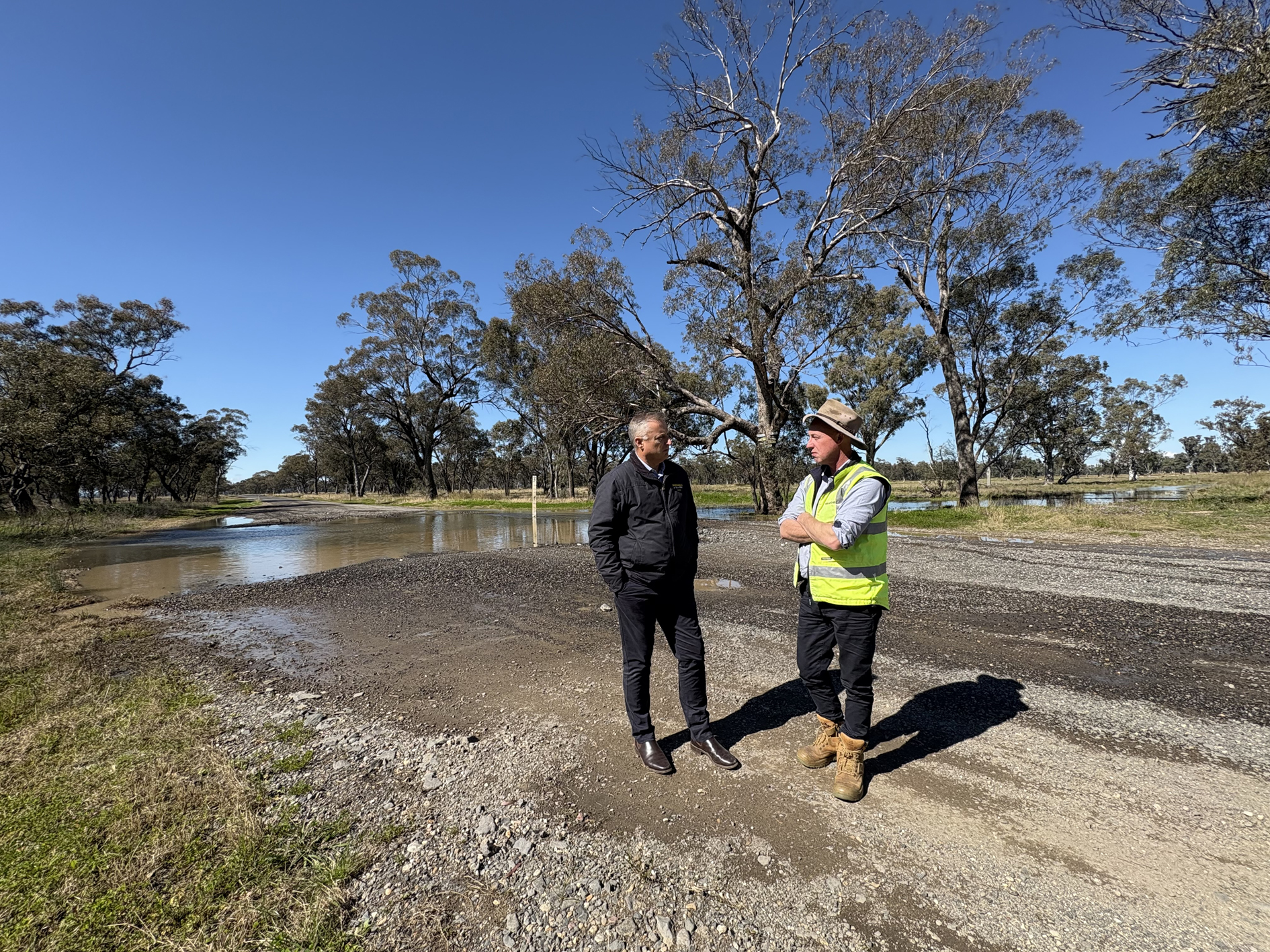Thriving Kids: Australia's new approach to supporting children with developmental delays
Kimberly Grabham
24 August 2025, 5:00 AM

Health Minister Mark Butler has announced a significant shake-up of Australia's disability support system, revealing plans for a new program called Thriving Kids that will see thousands of young children with autism and moderate developmental delays transition away from the National Disability Insurance Scheme (NDIS).
Speaking at the National Press Club on Wednesday, Mr Butler outlined the Government's vision for a more targeted approach to early childhood intervention, arguing that the NDIS was never designed to cater for the growing number of young children currently enrolled in the scheme.
The statistics paint a stark picture of how the NDIS has evolved since its inception. Originally estimated to serve 411,000 participants at a cost of $13.6 billion annually, the scheme now supports more than 740,000 people and is forecast to cost $64 billion by 2029. Perhaps most significantly, children under 15 now comprise nearly half of all NDIS participants, with one in ten six-year-olds across the country currently on the scheme.
"Tens and tens of thousands of young children with mild to moderate developmental delay or autism are on a scheme set up for permanent disability," Mr Butler explained.
"I doubt very much that that is what most of their parents really wanted or expected. But it's all they've had available—the only port in the storm, if you like."
The Minister emphasised that families weren't to blame for this situation, acknowledging their love for their children and desire to access the best available support. However, he argued that the current system was failing to meet their needs effectively.
Set to launch in July 2026 and roll out over the following 12 months, Thriving Kids represents a fundamental shift in how Australia supports young children with developmental challenges. The program will be jointly funded by the Commonwealth and state and territory governments, with the Federal Government committing an initial $2 billion investment.
Unlike the NDIS model, which provides individual funding packages that families must navigate independently, Thriving Kids will leverage existing mainstream services that most families already engage with. These include maternal and child health services, GP practices, early learning centres, community centres, and schools.
"Families with a young child who is missing some milestones are not best helped by receiving a budget of $10,000 or $20,000 or $30,000 and then being expected to work out themselves how to spend it," Mr Butler said. "And, frankly, many of those children are being over-serviced."
The Minister highlighted concerning statistics about current service levels, noting that the average young NDIS participant with moderate needs receives more than 70 therapy sessions per year. "There is no evidence I'm aware of that supports children being taken away from learning and other activities for that much therapy," he said.
Central to the Thriving Kids philosophy is the integration of children into mainstream settings where they naturally live, play, and learn. This approach aligns with best practice in early childhood intervention, which emphasises the importance of inclusive environments over isolated, one-on-one therapy sessions.
The program will introduce new Medicare bulk-billed items, potentially including health checks for three-year-olds to identify developmental issues early.
This preventative approach aims to provide timely, evidence-based interventions that support both children and their families more effectively.
"Parents and families need guidance to access well-curated, evidence-based support and therapy—most of which existed long before the NDIS," Mr Butler emphasised.
While the concept has merit, several challenges lie ahead for successful implementation. The tight timeline for rollout—just 12 months from launch—raises questions about whether adequate systems can be established across all states and territories.
Relations between federal and state governments have been strained recently, particularly around NDIS negotiations. Thriving Kids will require unprecedented cooperation, as states and territories are responsible for many of the services the program will utilise.
There are also concerns about diagnostic consistency. Some experts worry that creating separate eligibility criteria for the NDIS versus Thriving Kids could lead to "diagnostic drift," where families or health professionals seek diagnoses that provide access to more comprehensive support.
Equity remains another critical consideration. The program must ensure that marginalised groups—including culturally and linguistically diverse families and Aboriginal and Torres Strait Islander people—receive fair access to services. These communities have historically faced barriers under the current NDIS
system.
Looking Forward
From mid-2027, children with mild to moderate developmental delays or autism will no longer enter the NDIS, instead receiving support through Thriving Kids. However, the transition period requires careful management to ensure no families fall through the cracks.
Recent months have already seen some children reassessed and deemed ineligible for the NDIS, often leaving families without alternative support options. Ensuring continuity of care during this transition will be crucial for maintaining public confidence in the new system.
Mr Butler's announcement also included ambitious targets for NDIS growth reduction, aiming to decrease the current 8 per cent annual growth rate to between 5 and 6 per cent over the next decade—though this target has yet to receive Cabinet approval.
A Necessary Evolution
The Minister framed these changes as returning the NDIS to its original intent: supporting people with significant and permanent disabilities. "Only around one in 50 people have significant and permanent disability, which requires a 'bespoke scheme' like the NDIS," he said. "But 10 in 50 young children experience developmental delay or autism, mostly at mild to moderate levels. That's a broad-based, mainstream issue that should be supported by broad-based, mainstream services."
For families currently navigating the NDIS system with young children, these changes may initially seem daunting. However, if successfully implemented, Thriving Kids promises a more integrated, evidence-based approach that could better serve Australia's most vulnerable young people whilst ensuring the long-term sustainability of specialist disability support for those who need it most.
The success of this ambitious reform will ultimately depend on effective collaboration between all levels of government, meaningful engagement with families and service providers, and careful attention to implementation details over the coming months. As Mr Butler acknowledged, "We need, as a matter of some urgency, to create a better system that will enable our children to thrive."
NEWS
RURAL
COMMUNITY










